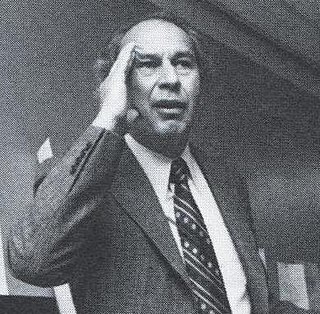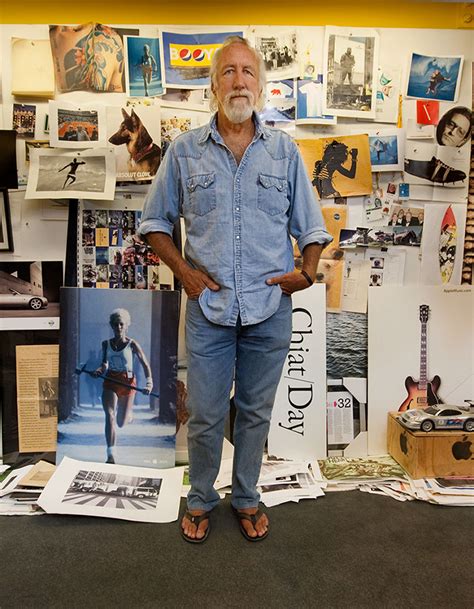A Quote by Howard Schultz
Authentic brands don't emerge from marketing cubicles or advertising agencies. They emanate from everything the company does.
Related Quotes
Every day, there are 770 million Cokes consumed, which means that there are 770 million purchasing decisions made each day regarding the product. To support those decisions, the company must constantly reinvest in its marketing links to its customers. As a result, a high level of creativity must go into everything the company does, from cause-related campaigns - Coca-Cola and its sponsorship of the Olympic Village in Atlanta, for example - to new catch phrases, commercials, marketing slogans, advertising campaigns and promotional tie-ins.
I see "demand creation" as a 20th-century construct that's bound up with advertising. It's an outmoded view of marketing that says, "First, we build a product or service, then we advertise it into people's lives." Embedded this view is the belief that companies control brands. This is a myth. My message all along has been that brands are actually created by customers, not companies. Companies only provide the raw materials - the products, messaging, behaviors - that people use these to create brands.
The food industry is spending almost $2 billion a year marketing directly to children and teens. We know that those ads lead to children demanding certain brands, and we know that food and drink marketing gets all of us to consume more calories. If we're going to address diet-related illnesses, talking about marketing to kids is a key step. There should be places like schools that are protected sanctuaries from commercialization and from advertising, especially when it comes to kids' health.

































